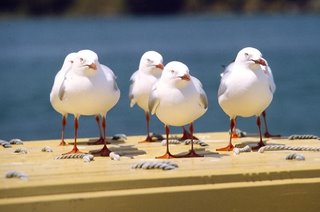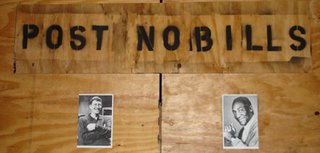
Remember you don't have to use the email version of this blog. Use the web site below to find this and all the other archived posts:
http://wellesleynet.blogspot.com/
Websites of the week:
If you want to use a particular site with your class I am happy to post the url on the intranet so that your class can easily access it. Of course if you had a class blog, you could post the url there......If you want to learn or practise setting up a blog for your class, I am happy to do that during PD sessions on Wednesday afternoon. It is a very simple process (repeat after me!) - much easier than running a web page.
This is a really fantastic algebra site for children from Level 3 plus, I guess. Very easy to use, clear with careful (American) instructions. I'm putting on my maths page for my maths class to use. A must visit....
Or a fun, useful science site from the Australian Broadcasting Corp. Lots of interactive activities.
This is a US site, but very good world wide data on earthquakes. From the Exploratorium:
http://www.exploratorium.edu/faultline/index.html
The following is a mixture of interesting PD type links
Now a question to think about: Has handwriting reached the end of the road? Interesting Washington Post article which would be worthy of discussion. How much energy should we put into the teaching of handwriting? Why? Send me your comments on this one!
Hate video games? Perhaps they hold the key to the future shape of education. Video games can reshape education: U.S. scientists .
How do you podcast? If you are in the States you can do it with your phone....Take a look here..
In fact there is a conference in the US in which they give all attendees an Ipod nano with podcasts from the conference on it.
Earlier posts have mentioned the emergence of Web2.0. The next link will take you to a view of what that might mean in a classroom.:
What a Web 2.0 class might look like.
An illegal foreigner in Paris - slideshow of interesting photos - an illegal refugee's life in Paris.

Tags: podcast Web2.0 handwriting



